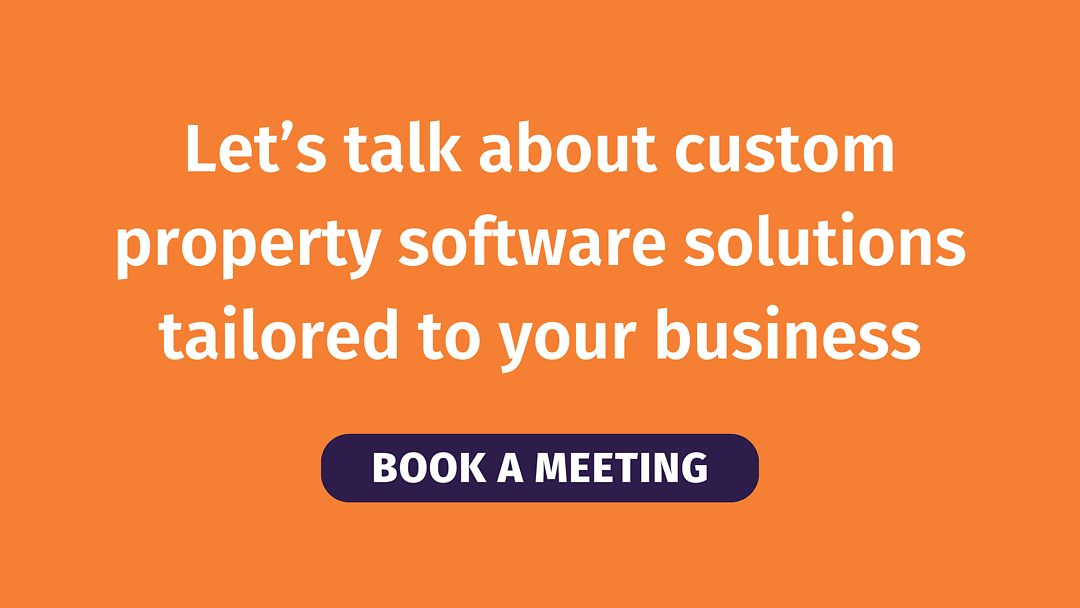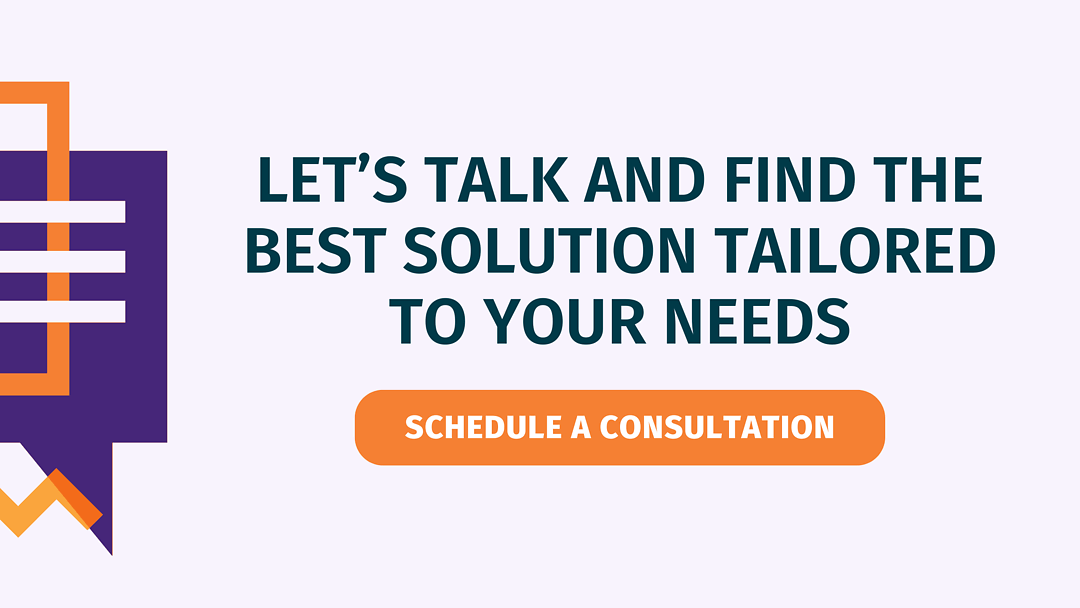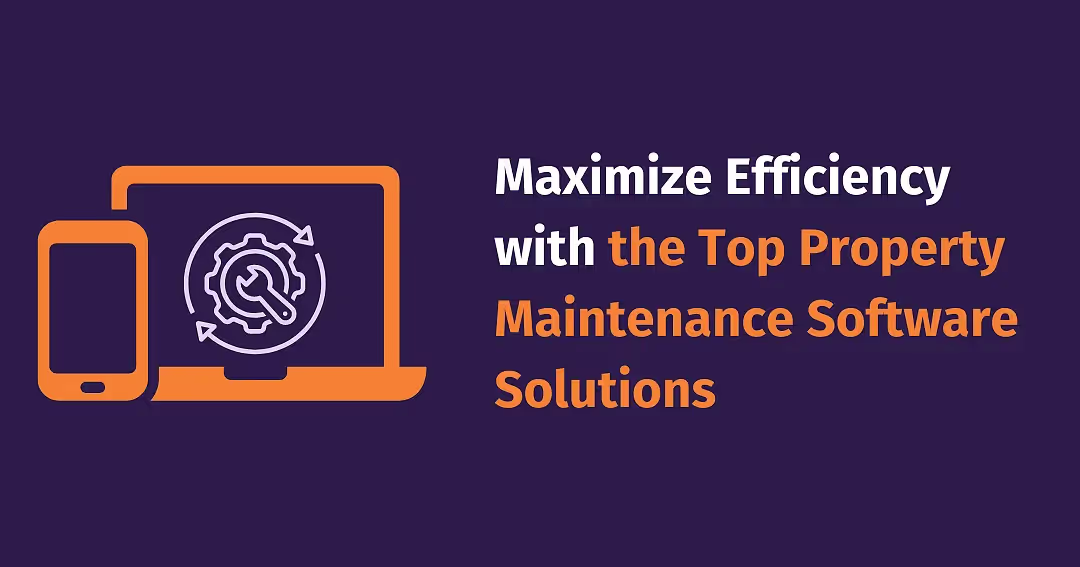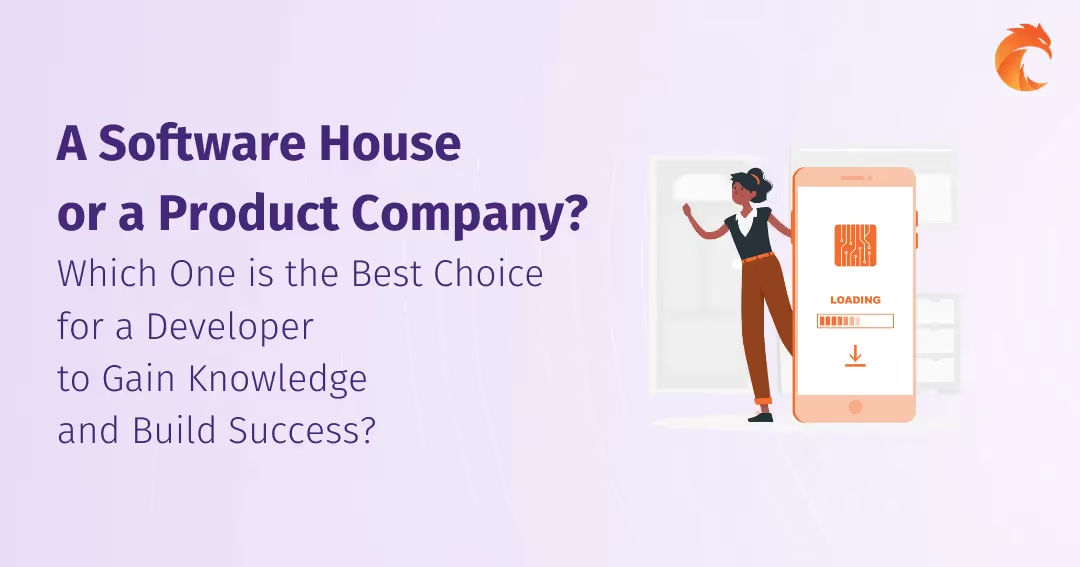Property Development Management Software Solutions for improved Operations
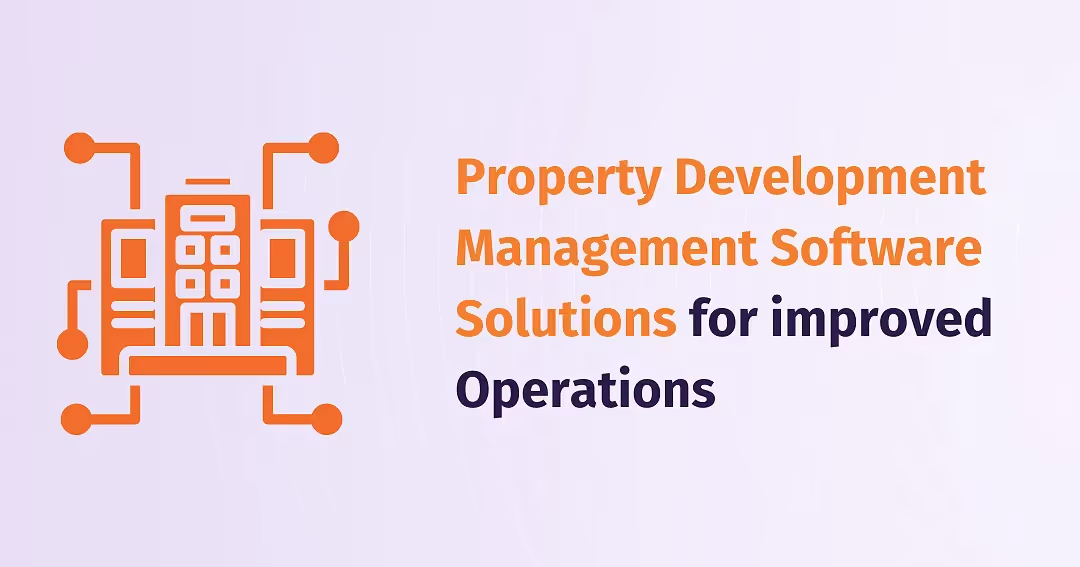

This article looks at how such system can automate tasks, improve efficiency, and integrate with your systems, aiding your decision-making process.
Choosing the right property management software is crucial for optimizing real estate operations. Get ready to explore the transformative capabilities of property management software without the fluff.
Key Takeaways
- Property development management software greatly enhances efficiency, decision-making, and profitability in real estate through automation and seamless integration with other systems, such as accounting and CRM platforms.
- A specialized property management system provides tailored solutions for different segments, such as residential and commercial management, offering features for marketing, document and payments management, maintenance, and analytics.
- Selecting the right property management software requires considering factors like scalability, customization, deployment options, and compatibility with emerging technologies to ensure it meets current and future business needs.
Custom Property Development Management Software: The Future of Real Estate Operations
Property development management software is transforming the real estate industry by introducing cutting-edge technologies to manage real estate projects. From project planning to project scheduling and maintenance management, real estate management solutions are revolutionizing how property managers conduct their day-to-day operations. The software automates tasks that were traditionally manual, enhancing efficiency and scalability.
These software solutions are integrated with other systems such as accounting and CRM platforms. This integration is vital for creating a cohesive management ecosystem within custom property development management solutions. It allows for seamless information flow, eliminating the need for duplicate entries and reducing errors.
It offers customizable reporting features to generate tailored reports, provide valuable performance insights, and support data-driven decision-making. This capability is particularly beneficial for real estate professionals who need to keep track of numerous metrics and key performance indicators (KPIs).
The expected outcomes for businesses incorporating these software solutions are promising. They include improved project management, enhanced decision-making capabilities, and ultimately, increased profitability. Indeed, property development management software is shaping the future of real estate operations.
Improving Project Planning: How Software Solutions Revolutionize Development Processes
One critical role of project management software in real estate is simplifying project planning and design phases. By automating tasks and eliminating the need for manual input, these software solutions significantly reduce the time spent on project planning, freeing up staff to focus on more strategic tasks.
Integrating solutions into existing project management workflows is a essential step in embracing digital transformation. This integration process often involves a cultural shift within the organization, requiring buy-in from all stakeholders. Real estate professionals need to understand the benefits of these tools and how they can enhance their work.
Read more about the cultural shift in the article What is Digital Transformation, and why your organization needs it
One of the key benefits of these software solutions is:
- Automated planning tools for time and resource allocation
- Improving project management processes by automatically scheduling tasks and allocating resources based on project requirements
- Reducing the risk of over or underutilization of resources, leading to more efficient project execution.
Moreover, these best project management software solutions offer real-time project progress tracking, enabling project managers to quickly identify any deviations from the plan and take corrective action. This real-time tracking feature is particularly beneficial in the fast-paced real estate industry, where speed and efficiency are of the essence. By using project management tools, teams can further enhance their processes and enhance collaboration on a project management platform.
Construction Management Software
Construction management software is essential in enhancing operations within the property development sector. This construction management solutions offer a comprehensive suite of tools designed to manage construction projects from inception to completion. These tools cover various aspects of construction management, including task management, budget management, and resource allocation, providing a unified platform for managing all aspects of construction projects. With construction project management software, efficiency and organization are significantly improved.
One key benefit of this software is its ability to facilitate better communication and collaboration among project teams. Construction management software significantly improves workflow efficiency by providing a centralized platform for sharing information and coordinating tasks. This enhanced communication and collaboration can result in faster project completion times and reduced costs.
Budget and expense tracking is another crucial aspect of construction management software. This feature allows project managers to closely monitor on project budgets and expenses, ensuring financial control and reducing the risk of cost overruns. This financial control is significant in the construction industry, where projects often involve significant investments and cost overruns can have severe financial implications.
Finally, construction management software aids in scheduling resources and managing timelines, keeping projects on track. By providing a visual representation of project timelines and resource allocation, this project management tool enables project managers to quickly identify any potential scheduling issues and adjust plans accordingly. This proactive approach to project management can result in significant time and cost savings.
Residential Property Management Software
Residential property management software offers a comprehensive suite of tools designed to improve the management of residential properties. These tools cover various aspects of property management, including:
- Marketing management
- Document management
- Payments management
- Landlord and tenant portals
- Maintenance management
- Accounting
- Data analytics
Specific software like Apartments.com and Avail offer premium features that facilitate the management of residential properties. For instance, Apartments.com provides tools of leasing, managing tenants, tracking maintenance requests, and organizing expenses. On the other hand, Avail offers features such as FastPay rent payments and customizable applications.
In addition to these standard features, many residential property management software solutions also offer optional paid features that provide additional utility to users. For example, Rentler offers:
- Rentability report
- Online legal forms access
- Applications
- Rent collection
- Maintenance tracking
Furthermore, some software options, like the Hunt software, provide advertising functionalities, unlimited photos for listings, and a universal inbox for communications, emphasizing the marketing aspects of property management. These features can significantly enhance the effectiveness of marketing campaigns, attracting more potential tenants and increasing occupancy rates.
Commercial Property Management Software
Commercial property management software is specifically designed to cater to the needs of owners and operators managing office, retail, or industrial properties. With a comprehensive suite of features, this software enables property managers to enhance portfolio performance and make agile business decisions.
The essential features of commercial property management software encompass:
- Lease management
- Centralized databases for contacts and lease details
- An online tenant portal for service management and communication
- Comprehensive finance and accounting capabilities
- Maintenance management
Together, these features improve operations and enforce health and safety standards.
In addition to these essential features, commercial property management software also offers advanced functionalities. For example, AI-powered lease abstraction tools can significantly enhance lease administration, while energy management tools can monitor consumption and support sustainability objectives.
One example of a software solution catering specifically to commercial property management is Buildium. It offers the following functionalities:
- Lease tracking
- Comprehensive accounting
- Budgeting
- Robust reporting features
Buildium offers a holistic solution for managing commercial properties.
Specialized Property Management Systems
In addition to residential and commercial property management software, there are also specialized property management systems designed for specific niches such as hotels and homeowner associations (HOAs). These systems offer unique functionalities tailored to the specific needs of these niches.
Property management software for hotels, for example, is used to automate tasks such as reservation and occupancy management, maintaining billing records, and enhancing customer relationships. Specific software solutions like Visual Lease and SiteMinder simplify lease management and channel management, respectively, with features like lease accounting compliance and efficient online booking integration.
Homeowner association management software, on the other hand, is designed to cater to the day-to-day operational needs of HOAs. These software solutions help manage payments, violations, and maintenance requests. Specialized systems for HOAs, like Condo Control and ManageCasa, offer solutions for various stakeholders, with tools like status certificate management, asset management, violation tracking, and maintenance ticketing.
Whether you’re managing a hotel, an HOA, or any other niche market, there’s likely a specialized property management system designed to meet your specific needs. By choosing a specialized system, you can ensure that you have the right tools to manage your properties effectively.
On-Premises vs. Cloud-Based Property Management Apps
When selecting a property management app, one of the key decisions you’ll need to make is whether to opt for an on-premises or a cloud-based solution. Both options have their advantages and drawbacks, and the right choice will depend on your specific needs and circumstances.
On-premises property management apps provide full data and infrastructure control, resulting in higher data security and customizability. However, they require a substantial upfront investment, in-house IT support, and can incur downtime, limiting remote access.
On the other hand, cloud-based property management apps offer:
- Scalability
- Instant provisioning
- Automatic updates
- Minimize the need for capital expenditure on hardware
However, they depend on internet connectivity and raise data security and privacy concerns.
Ultimately, the choice between on-premises and cloud-based property management apps will depend on your specific needs and circumstances. You’ll need to weigh the relative importance of factors such as:
- Data security
- Scalability
- Cost
- Implementation time
to make the right decision for your business.
The Importance of Collaboration with a Software Development Team
When developing property management software, it’s essential to partner with a software development team with expertise in the real estate industry. Such a team will understand the nuances of the industry and will be able to develop a solution that meets your specific needs.
Collaborating with a software development team can lead to the creation of solutions tailored to the specific needs of the real estate sector. By understanding the unique challenges and requirements of real estate operations, the software development team can create a solution that includes:
- Property management features
- Listing and search functionality
- CRM integration
- Financial and accounting tools
- Reporting and analytics capabilities
This will ensure that the software truly meets your needs and helps improve your real estate operations.
An important aspect of this collaboration is data security and privacy. Given the sensitive nature of client and property data, it’s essential to ensure that your property management software adheres to stringent security measures. A knowledgeable software development team can guide you through this process, ensuring that your software is secure and compliant with relevant regulations.
Finally, collaborating with a software development team can provide access to collaborative tools and workflow management systems that enhance team productivity among real estate professionals. These tools can enhance operations, improve communication, and ultimately lead to more efficient real estate operations.
Read more How to create good cooperation with the Software Development Company?
Stages of Custom Property Management Software Development
Developing property management software is a complex process that involves several stages. Each stage plays a critical role in ensuring that the final product meets your needs and delivers the desired benefits.
The first stage is research and planning, which involves establishing clear product expectations and defining the scope of the software. This stage sets the foundation for the development process and is crucial to the success of the project.
The next stage is the actual development process, which involves:
- Coding
- Testing
- Bug fixing
- Creating a design plan
- Developing strong features for business operations that automate workflows
This step is where the software begins to take shape, and the features and functionalities outlined in the planning stage are implemented.
Once the software has been developed, it’s time for the deployment and implementation stage. During this level, the software is launched and made available to users. It’s essential to provide thorough documentation and training materials to ensure that users can effectively use the software.
The final step is ongoing support and maintenance. Even after the software has been deployed, it’s important to provide ongoing support to users and to regularly update and maintain the software to ensure it continues to function properly and meet users’ needs.
Factors to Consider When Choosing Property Development Management Software
When choosing property development management software, there are several factors to consider. One of the key factors is scalability. As your business grows, your software needs to adapt to changing business needs, integrating new tenants, leases, and maintenance requests without performance compromises.
Another important factor is the level of customization and modularity that the software offers. The ability to tailor your property management system to match your specific operational requirements can improve user experience and task efficiency.
The type of deployment option is also an important consideration. A hybrid cloud solution that includes on-premises, private, and public cloud elements can provide a versatile mix of control, scalability, and deployment options for property management systems.
Lastly, consider whether the software offers a trial period. This allows you to assess whether the software fits your business needs before making a commitment. It’s also a good opportunity to evaluate the software’s ease of use, as a steep learning curve can hinder adoption.
Adapting to Digitalization and Changing Customer Behavior in Real Estate
The real estate sector is transforming digitally, redefining operations and customer interactions with digital technologies to boost efficiency and improve the customer experience. Real estate business owners are utilizing digital tools for tasks such as lead generation, market analysis, and transaction management, optimizing them for greater productivity through automation.
Emerging technologies are also influencing customer behavior, leading to changes in how real estate businesses operate. For instance, real estate firms are leveraging these technologies to offer personalized services such as self-service portals and automated assistance, enhancing buyer independence in the property search process.
Software development teams are critical in helping real estate businesses adapt to these changes. They provide cutting-edge trends such as:
- Mobile apps
- VR/AR
- AI
- Machine learning
- Blockchain for transactions
These teams support real estate businesses in their digital transformation journey.
Incorporating these latest technology trends into property management processes significantly enhances their performance. Some of these trends include:
- Artificial Intelligence
- Business intelligence
- Internet of Things (IoT)
- Big Data
Hence, adapting to digitalization and changing customer behavior is no longer optional but a necessity for businesses in the real estate sector.
Conclusion: Embracing Innovation for Improved Property Development Operations
In conclusion, the future of real estate operations lies in embracing innovation and investing in property development management software. With its numerous benefits, including improved efficiency, scalability, and decision-making capabilities, this software is poised to revolutionize the way property development is managed.
As we move forward, it’s clear that those who embrace these changes and invest in the right technology will be the ones who reap the most benefits. Moreover, with options for residential, commercial, and specialized property management systems, there’s a solution for every niche.
Ready to scale your business with the right tech partner?
Related posts
Dive deeper into this topic with these related posts
You might also like
Discover more content from this category
Struggling with managing maintenance for your properties? We’re presenting the world of property maintenance software.
Navigating the rapidly evolving real estate market requires technology that adapts to your unique needs. That’s, succinctly, the promise of custom real estate software.
The answer of a curious IT Recruiter. A lot of sites that give solutions to the dilemma of many developers - which type of company to choose. Most of those examples are from the CEO or a long-term employee perspective.


